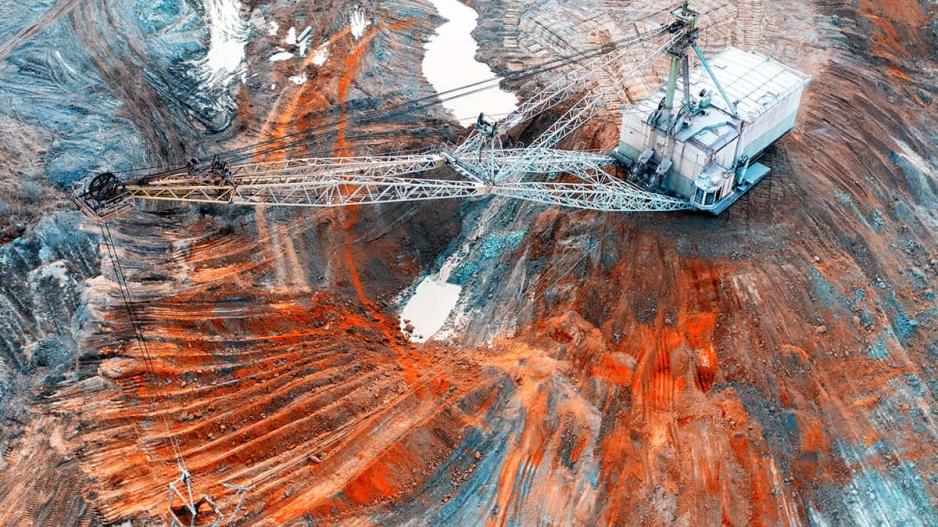Norway Discovers Europe's Largest Rare Earth Deposit
Currently, 98% of the Rare Earths Used in the EU Are Imported From China
A Norwegian mining company announced yesterday that a rare earth deposit in southeastern Norway is the largest in Europe, potentially contributing to the continent's autonomy amid concerns about dependence on China.
According to Rare Earths Norway, the Fensfeltet deposit contains 8.8 million tons of these minerals essential for the green transition. This deposit is significantly larger than the Kiruna deposit in Sweden, which is estimated to contain 1-2 million tons.
"After three years of intensive mining and analysis, a preliminary estimate of the mineral resources indicates that Fensfeltet is the largest rare earth deposit in Europe," the company stated.
This estimate, conducted in collaboration with the Canadian firm WSP, primarily identifies the presence of 1.5 million tons of permanent magnets, metals used in electric vehicles and wind energy production. Mining could begin in 2030 with an initial investment of 10 billion kroner (€867 million) for the first phase, according to Rare Earths Norway.
The European Union is striving to achieve self-sufficiency in the rare earth sector. Although Norway is not an EU member, Brussels and Oslo maintain very close ties. Currently, 98% of the rare earths used in the EU are imported from China, which holds a near-monopoly in the sector.
In January 2023, a Swedish company announced the discovery of the "largest known deposit" of rare earths in Europe at Kiruna, northern Sweden. However, none of the European deposits are currently being exploited.






